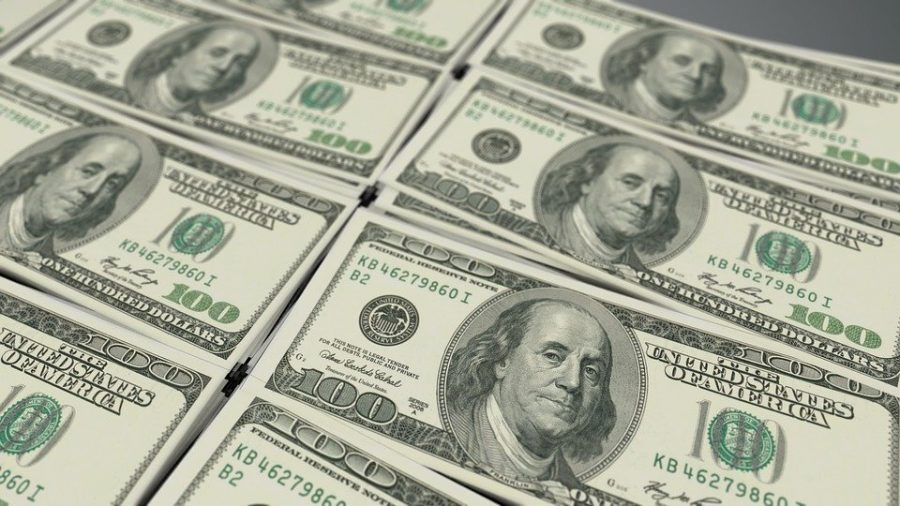After long debate and discussions among the two parties with key figures such as House Speaker Nancy Pelosi, Senate majority leader Mitch McConnell, New York Senator minority leader Chuck Schumer, and the Secretary of Treasury Steve Mnuchin. The bill was made to address the ongoing economic disruption the Coronavirus has caused. The key points of the bill deal with the American people, small businesses, and big corporations.
On Thursday March 26th the monthly job report was released, and its revelation has showed only a glimpse of how much of an impact the virus has impacted the U.S. workforce. At least 3.3 million Americans are unemployed today and are in need of assistance now more than ever. With Stimulus bill passed, $301 billion will be sent in the form of checks to the American households around the country. However, not everyone will get a check and if they do it may be less than they might have anticipated.
The bipartisan enactment will provide one-time checks of $1,200 to Americans with an adjusted gross income up to $75,000 for individuals and $150,000 for married couples. Individuals and couples are eligible for an additional $500 per child. A child in the tax law is defined as someone under the age of 17. The government rebates will also be pared by $5 for each $100 of income over those thresholds, completely phasing out for individual filers whose incomes exceed $99,000, $146,500 for head of households with one child, and $198,000 for joint filers who don’t have any children. That means those who qualify for every $1000 over their respective income thresholds they will receive $50 dollars less until it phases out. Dependents will receive nothing in the signed bill. For many college students this may mean you may not receive a check as in order to considered for financial aid they must file as a dependent on their parent’s tax return. It could take two weeks to over a month to receive the check depending on how you received your tax refund. The methods will be either a mailed check or direct deposit to filers with existing registered bank accounts with the IRS.
Corporations and small businesses stand to be aided very much in this time of financial distress. Loans to corporate businesses is estimated at $451 billion, to small businesses $349 billion and the rest of the funds going to states ($150 billion), unemployment insurance ($250 billion), and other economic supplementals totaling $1 trillion. The timeline for these disbursements could take weeks to months. Regardless of the timeframe estimated, it’ll take a couple of months to receive all the aid the businesses need. This final bill came after long negotiations, disagreements, and even a standoff. Senator Bernie Sanders of Vermont one of the remaining Democratic presidential candidates, said he would slow the bill if the group of Republicans didn’t withdraw their threat of removing unemployment provisions.
A lot of work will need to be done even with the largest stimulus package in the nation’s history. The recession of 2020 is much different from 2008. This “invisible enemy” won’t be easy dealing with, and its effects will last for years. This is act by congress is only one step in a long road ahead.








